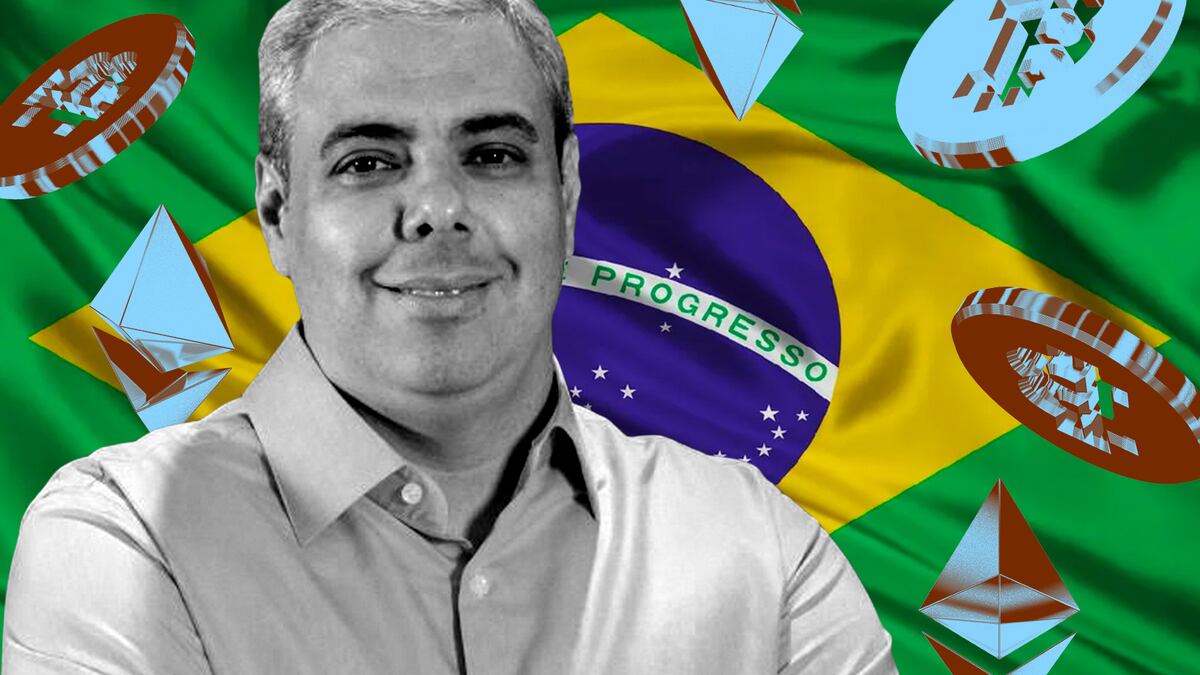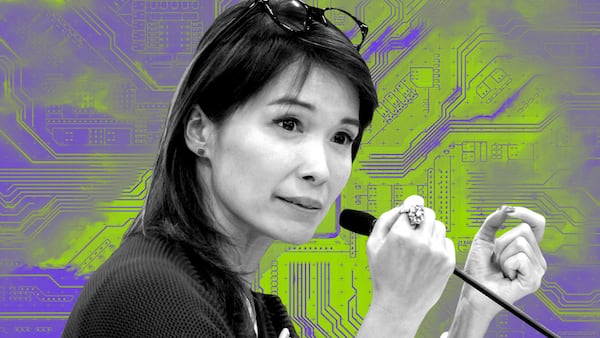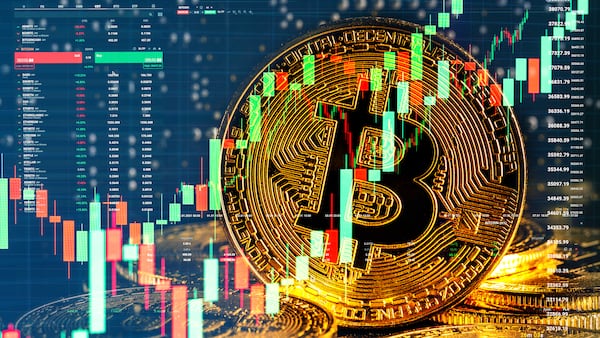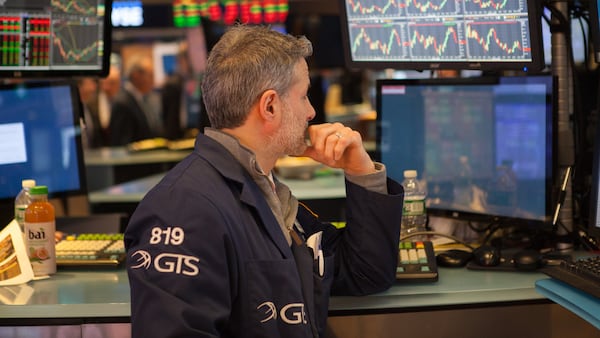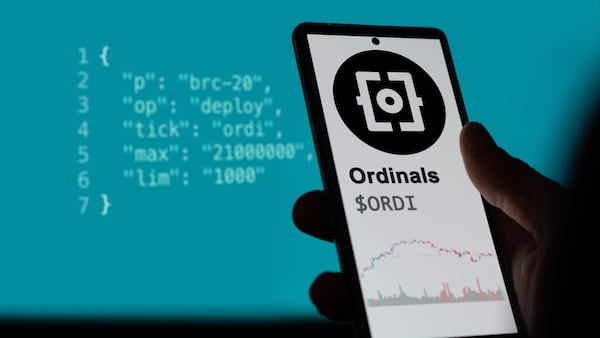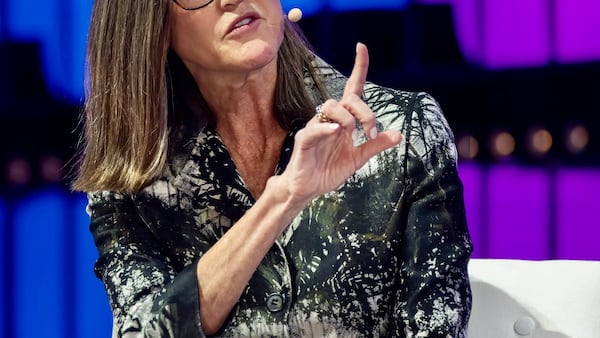- Itaú Unibanco, Latin America’s largest bank, now offers Bitcoin and Ethereum trading.
- Brazilian crypto leaders tell DL News how the move could take crypto mainstream.
- Traditional institutions poised to capture Brazilian crypto market.
In a move demonstrating Brazil’s tightening embrace of crypto, Itaú Unibanco, the largest bank in Latin America, is rolling out Bitcoin and Ethereum trading for its customers.
The decision isn’t just a big deal for Brazilian crypto investors — it’s another sign that Latin America’s top economy is bullish on Bitcoin as the top crypto soars 164% this year.
Watershed moment
With its endorsement of crypto, Itaú could help push digital assets into Brazil’s mainstream. Indeed, it brings to mind the decision this year by BlackRock, the world’s top asset management firm, to seek approval for a Bitcoin spot price exchange-traded fund.
“The entry of Itaú is a watershed moment for the sector in Brazil,” Alexandre Vasarhelyi, founding partner at crypto investment firm BLP Crypto, told DL News.
Traditional institutions are poised to dominate the market. In Brazil, banks such as Itaú, which are already authorised to operate by the central bank, can easily get approval to offer new crypto services.
“Considering that these institutions already have a very high level of internal compliance, which makes them trustworthy among the general public, there is a possible scenario in which banks like Itaú and others could lead the crypto economy in Brazil,” Daniel de Paiva Gomes, a partner at Brazilian law firm Vieira, Drigo e Vasconcellos, told DL News.
Paying tax bills with crypto
Brazilians have long been enamoured with crypto. Taxpayers in Rio de Janeiro can pay some of their bills to the city in crypto. And Brazil’s crypto startup scene is bustling with activity.
Along with the US and Australia, Brazil, with a population of 214 million, is on course to have one of the world’s highest crypto adoption rates, according to HedgewithCrypto study.
‘Brazil, unlike other countries like the US, does not follow the ‘regulation by enforcement’ line.’
— Daniel de Paiva Gomes
Now Itaú's rollout of crypto services may spur Brazilian lawmakers to take a more supportive position on digital assets, said Helo Passos, founder and CEO of Brazilian blockchain gaming company Trexx.
“With the effective entry of a banking giant like Itaú, the pressure on Congress will be even greater for next year’s calendar to think in terms of regulation,” she told DL News.
Not that the government has done nothing. Brazil has already approved the type of tailored legislation US crypto leaders have been seeking in vain from Washington.
In December of last year, the Brazilian government approved the Legal Framework for Virtual Assets in Brazil, also known as the Cryptoassets Act.
The bill provides definitions for virtual assets and virtual asset service providers. “A virtual asset is a digital representation of value that can be traded or transferred electronically and used to make payments or for investment purposes,” the law says.
It also establishes new criminal penalties for operations involving fraud, money laundering, and organised crime.
Central Bank support
Most importantly, the bill officially gives the central bank the authority to regulate the digital assets industry. And the institution’s president, Roberto Campos Neto, is a defender of the sector.
The only exception is for crypto assets that are also securities, which fall under the jurisdiction of Brazil’s Comissão de Valores Mobiliários — CVM for short, the equivalent of the US Securities and Exchange Commission.
“Brazil, unlike other countries like the US, does not follow the ‘regulation by enforcement’ line,” said de Paiva Gomes, the lawyer at Vieira. “We can say that regulators, such as the Central Bank and CVM, are attentive to the evolution of new technologies and are seeking to accommodate the regulatory framework.”
Thanks to the CVM, Brazilian investment funds for the general public can now allocate up to 10% of their holdings into digital assets, shares of local crypto funds, offshore crypto funds, or offshore crypto exchange-traded products.
The catch: They must get their exposure from companies either registered with Brazil’s central bank or with a regulatory body abroad.
Registered funds
This leaves Brazilian funds with little choice.
At the beginning of the year, only a handful of Brazilian institutions registered with the central bank were offering crypto asset services, according to a report in Valor Globo, the largest financial newspaper in Brazil.
And internationally, Coinbase is one of the few registered international exchanges with enough liquidity to meet Brazilian investment fund demand.
This is where Itaú's crypto development may have an impact down the line.
While the firm only offers retail Bitcoin and Ethereum trading services at the moment, Guto Antunes, Itaú's head of digital assets, told Reuters that the bank plans to expand its range of available currencies in the future.
‘Itaú’s move marks a movement towards the institutionalisation of the crypto economy.’
— Daniel de Paiva Gomes
Itaú already provides crypto custody services and is working on tokenizing financial assets.
Itaú's move “marks a movement towards the institutionalisation of the crypto economy,” said de Paiva Gomes.
Itaú Unibanco was born out of a merger between Banco Itaú and Unibanco — two of Brazil’s oldest banks, founded in 1945 and 1924 respectively. The bank counted roughly $169 billion in assets under management in 2022.
In 2022, Itaú CEO Milton Maluhy Filho said that crypto was not a fad and that the bank was “monitoring the area of digital assets, using this technology for an increasingly tokenizable world.”
Tom Carreras is DL News’ correspondent in Latin America. Got a tip about Brazil and crypto? Reach out at tcarreras@dlnews.com


